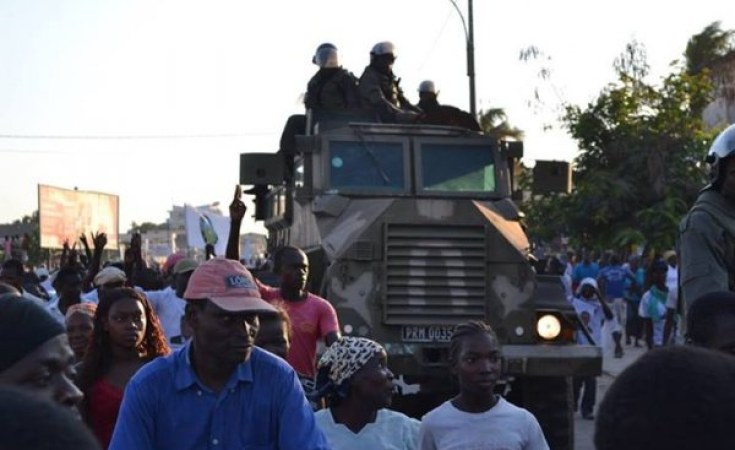Maputo — The Bank of Mozambique believes that inflation may rise by the end of the year as a result of the post-election crisis, which is characterized by mass demonstrations called by presidential candidate, Venâncio Mondlane, in order to protest against the allegedly fraudulent results of the elections held on 9 October.
The demonstrations have been taking place since 21 October. Over 60 people were shot dead by Police and hundreds injured, according to the prominent Mozambican NGO "Decide' Electoral Platform.
According to the Bank's latest report on the Economic Situation and Inflation Outlook (CEPI), the annual inflation rate in Mozambique "remained stable in October, despite a slight increase to 2.68 per cent, but the short-term outlook points to an acceleration in annual inflation in the fourth quarter of 2024.'
"This forecast stems essentially from the restrictions on the supply of goods and services resulting from the post-election tension', reads the report.
The same document says that the November survey of economic agents "points to stability in annual inflation at around 3.14 per cent in December, equivalent to 19 base points below the expectations published in the previous survey.'
"In the short term, excluding the production of LNG (Liquefied Natural Gas), economic activity is expected to slow down, reflecting the conditioned functioning of the economy due to the effects of post-election tension. This means that the sector that will maintain growth is gas, which, in general, does not ensure a greater redistribution of purchasing power, not least because the country exports raw materials, which does not allow room for the creation of a multiplier effect', reads the report.
However, last month, while the demonstrations were taking place, the governor of the Bank of Mozambique, Rogério Zandamela, said that the post-election instability in the country does not alter the annual growth forecasts in the order of 5.5 per cent.


